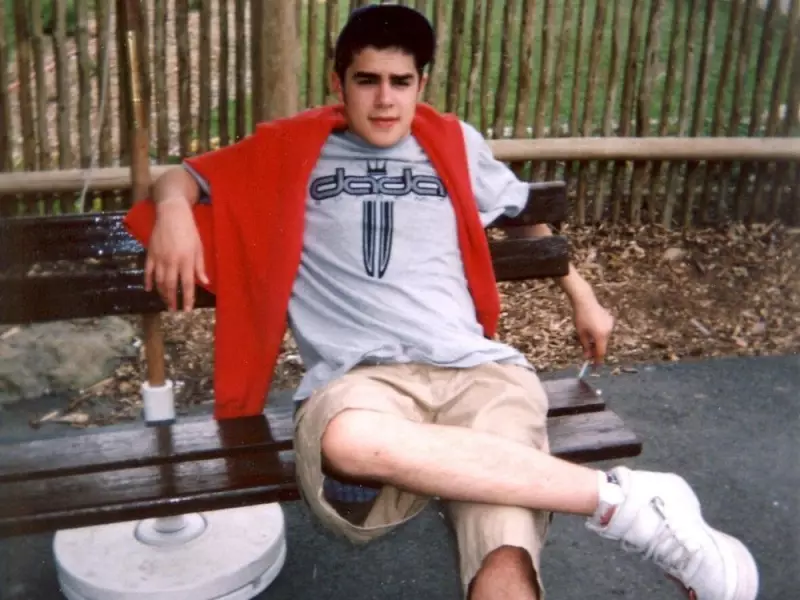
Nearly two decades of silence shattered in a Regina courtroom this week as a shocking murder trial unfolds, revealing how boasting and the passage of time may finally solve one of Saskatchewan's most persistent cold cases.
The Night That Changed Everything
Back in 2006, Misha Pavelick's life ended violently in what investigators initially struggled to classify. The circumstances surrounding his death remained murky for years, with few leads and even fewer answers for his grieving family.
Now, eighteen years later, the pieces are finally falling into place as a suspect stands trial for first-degree murder. The case demonstrates a chilling truth in criminal justice: sometimes, all investigators need is time for the truth to reveal itself.
When Boasting Becomes Evidence
According to courtroom testimony, the breakthrough came from an unexpected source—the accused's own words. Over the years, multiple witnesses reportedly heard the defendant discussing the killing, with these alleged boasts eventually making their way to law enforcement.
"The passage of time can be both an obstacle and an advantage in cold cases," one legal expert noted outside the courthouse. "People's loyalties change, their consciences weigh on them, and sometimes they simply can't keep quiet about what they know."
A Community Waits for Answers
For Regina residents who remember the original investigation, the trial represents more than just another court proceeding. It's the potential closure to a case that has lingered in the community's collective memory for almost two decades.
The prosecution's case hinges on connecting these alleged boasts to the physical evidence gathered at the original crime scene. Meanwhile, the defense is expected to challenge the reliability of witness memories after so many years.
As testimony continues, the courtroom remains packed with observers drawn to a case that proves some secrets simply can't stay buried forever—no matter how much time passes.





